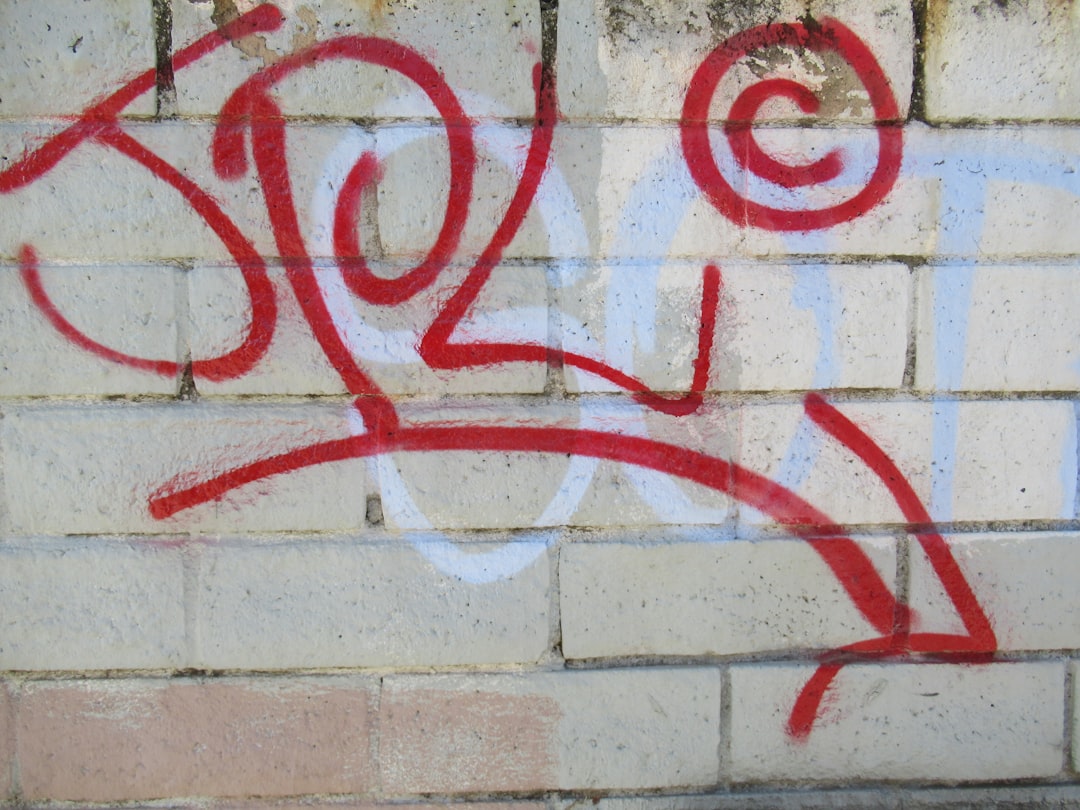Delray Beach Could Face Federal Pushback, Funding Loss Over ‘Pride Intersection’

By Boca Vibe
Delray Beach Could Face Federal Pushback, Funding Loss Over ‘Pride Intersection’
Political displays along roadways and within public intersections have faced opposition from both sides of the aisle – most notably “thin blue line” displays in support of law enforcement, and rainbow-colored “pride” displays painted on crosswalks and in the interior of intersections. A new effort announced by U.S. Secretary of Transportation Sean Duffy this week could significantly impact Delray Beach’s recently unveiled “Pride Intersection,” potentially leading to the city facing federal pushback and the loss of crucial transportation funding.
Secretary Duffy’s Directive and its Implications for Delray Beach

Secretary Duffy’s announcement, part of a broader initiative to curb what he terms “partisan political messaging on federally funded roadways,” outlines stricter guidelines for the use of public spaces for political expression. The directive specifically targets displays that could be interpreted as endorsing specific political viewpoints, regardless of their intent. This crackdown comes amid growing national debate surrounding the appropriateness of political messaging on public infrastructure. While supporters argue such displays promote inclusivity and community spirit, critics contend they violate principles of neutrality and may even violate federal regulations related to the use of federal funds.
Delray Beach’s vibrant “Pride Intersection,” located at the corner of Atlantic Avenue and Swinton Avenue, has quickly become a symbol of the city’s LGBTQ+ community. The intersection, featuring a rainbow crosswalk and rainbow-colored designs within the intersection itself, was unveiled last month to coincide with Pride Month and has garnered significant attention both locally and nationally. However, this attention may now come at a cost.
According to sources within the Department of Transportation, Delray Beach’s “Pride Intersection” falls squarely within the parameters of Secretary Duffy’s new directive. The city may be required to remove the artwork, repaint the intersection to conform to neutral standards, or risk losing significant portions of its annual federal transportation funding. This funding is crucial for vital infrastructure projects across Palm Beach County, including road maintenance, public transportation initiatives, and improvements to pedestrian safety – elements critical to the economic health of Delray Beach and its neighboring communities.
Potential Financial Fallout for Delray Beach
The potential loss of federal funding could significantly impact Delray Beach’s budget. The city relies heavily on these funds for numerous projects. Losing even a fraction of this allocation could lead to delays or cancellations of critical improvements to roads, bridges, and public transit systems. This could, in turn, negatively affect the local economy, impacting businesses, tourism, and the overall quality of life for residents.
The financial implications extend beyond immediate infrastructure projects. Delray Beach’s bustling tourist industry, with its dependence on easily accessible and well-maintained roadways and public transportation, could also suffer. Delayed road repairs or disruptions to public transit could deter visitors and negatively impact local businesses, from restaurants in Mizner Park to the numerous shops and galleries that contribute significantly to the city’s economic vitality.
Local Reactions and Political Divides
The potential federal intervention has ignited a heated debate within Delray Beach and across Palm Beach County. Supporters of the “Pride Intersection” argue that it is a powerful symbol of inclusivity and celebrates a vital segment of the community. They argue that removing the artwork would be a setback for LGBTQ+ rights and send a negative message to residents and visitors alike. Many cite the positive economic impact that the increased visibility has already had, bringing in tourists eager to see the unique installation.
Conversely, opponents argue that the intersection violates the principle of neutrality in public spaces and that taxpayer money should not be used to fund overtly political displays. They express concern that the directive from Secretary Duffy is only the beginning and that other similar displays, regardless of their political leaning, could be targeted in the future. This fuels the ongoing national debate about the role of political expression in public spaces and the line between community celebration and taxpayer-funded partisanship.
The debate extends beyond Delray Beach’s city limits, reaching into Palm Beach County’s broader political landscape. The issue highlights a growing divide between those who view such displays as vital expressions of identity and inclusivity, and those who see them as inappropriate uses of public resources and a violation of principles of government neutrality. The implications extend even to institutions like Florida Atlantic University (FAU) in Boca Raton, where similar discussions surrounding freedom of speech and acceptable forms of expression on campus are frequently ongoing.
Legal Challenges and Next Steps
Delray Beach city officials are currently exploring all legal avenues to challenge Secretary Duffy’s directive. They are consulting with legal experts to determine the best course of action, weighing the potential financial implications against the importance of upholding the city’s commitment to inclusivity and its LGBTQ+ community. The legal battle is expected to be lengthy and complex, with potential appeals potentially stretching to the Supreme Court.
In the meantime, the “Pride Intersection” remains in place. However, uncertainty looms large over its future. The city faces a difficult decision: comply with the directive and remove the artwork, potentially risking a backlash from the community and damaging its reputation as an inclusive and welcoming city, or defy the federal government and risk losing substantial funding, impacting essential infrastructure projects.
The outcome of this situation will have far-reaching consequences, not only for Delray Beach but also for other municipalities considering similar public displays. It will set a significant precedent regarding the balance between free speech, public funding, and the use of public spaces for political expression – a debate that will continue to resonate long after the fate of Delray Beach’s “Pride Intersection” is decided.
Frequently Asked Questions
Want more Boca updates?
Subscribe to our newsletter and never miss local news.Frequently Asked Questions
Related Articles